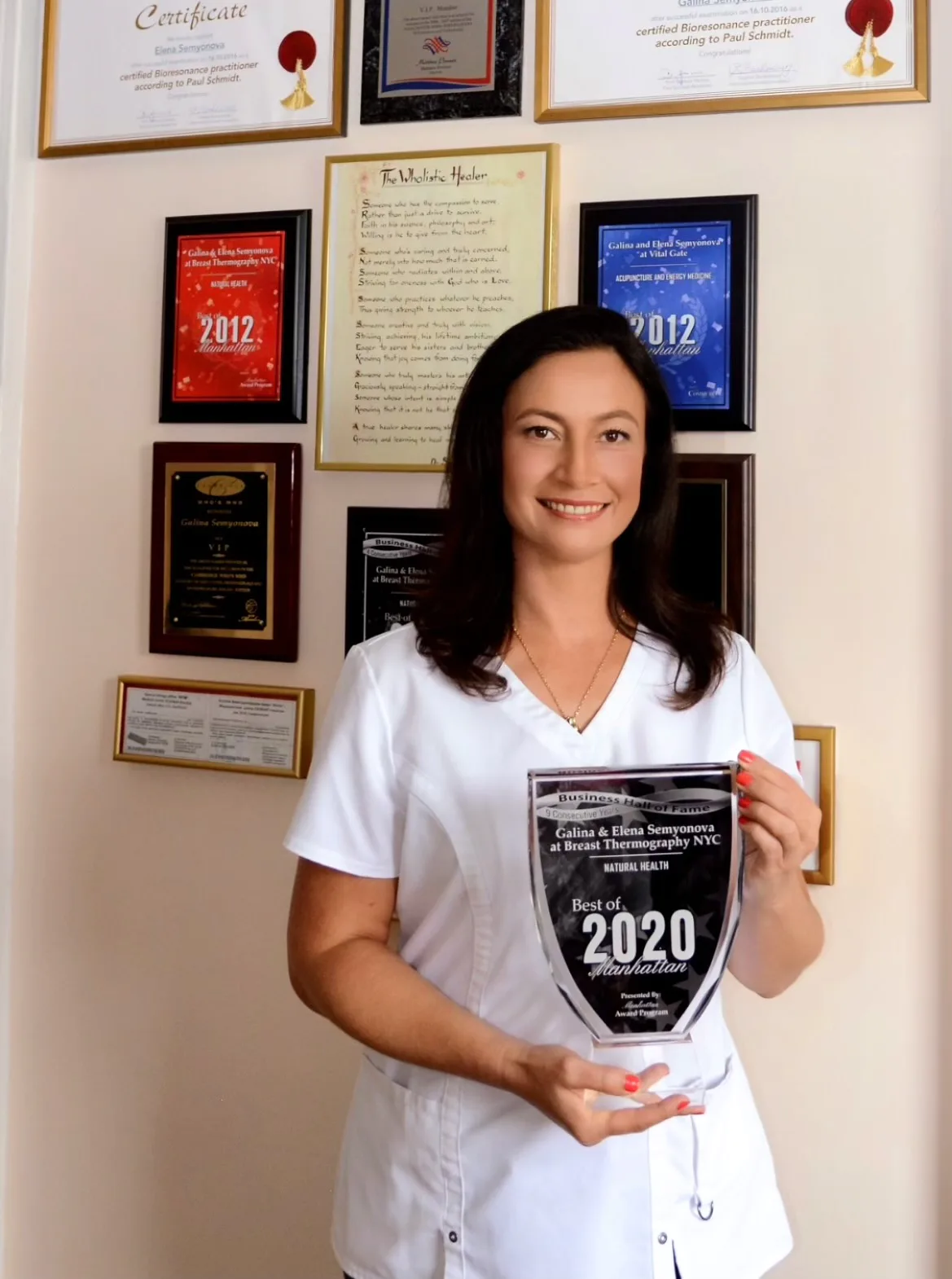Thermography helps detect cancer sometimes as early as ten years before it would be noticed with mammography.
Current Screening Methods
Breast Thermography has been FDA approved since 1982 as an adjunct to mammography. Mammograms are commonly used for breast cancer screening, however, there are alternatives available including digital mammograms and thermograms. Digital mammography uses solid state detectors which alter x-rays into electric signals. The digital mammography process still uses radiation, but only in small doses. The electrical power that flows to create images can be controlled. Pictures can be enlarged for doctors to see various areas of breast tissue without taking additional images. When it comes to breast cancer, breast thermography can reveal thermal signs consistent with thermal signs known to be correlated with cancer symptoms.
Thermography helps detect cancer sometimes as early as ten years before it would be noticed with mammography. Many breast tumors grow up to 20 years before they are noticed by the usual diagnostic methods. Cancer can be detected with thermography at the initial phases of development, when it is fairly simple to diminish its growth. Unlike a standard mammogram, there is no pain or compressing of the breasts in a thermogram. No rays of any type enter the patient’s body.
While the effectiveness and accuracy of mammography decreases when breast tissue is dense, density isn’t an issue in reading the results of thermography.
Schedule a Thermography Appointment! BOOK A THERMOGRAPHY APPOINTMENT
How to Prepare for Breast Thermography?
Appropriate patient booking and prep before the testing is required in order to ensure compliance with the ACT Examination Prerequisites.Health issues that affect the body’s temperature – either high or low – may affect the person’s normal thermal qualities hence, patients experiencing common colds, the flu, etc. should reschedule the test for a later time.
Patients must adhere to the protocol set by ACT Examination in advance of the exam. These guidelines have been put in place to increase the precision of the exam by removing the different factors that could affect a patient’s thermal qualities.
Alcoholic drinks, tea, coffee or sodas that contain caffeine shouldn’t be ingested for 12 hours before the exam. Cold or hot drinks need to be refrained from for no less than 1 full hour prior to when an ACT Examination will be carried out.
If at all possible, pain killers, aspirin, vasodilators/constrictors and/or any other comparable medicines need to be refrained from for 24 hours just before the examination.
No smoking for 2 hours before an ACT Examination.
Do not schedule an ACT Exam within 2 weeks following sunburn exposure.
Creams or lotions may not be put on face, neck or upper chest are for at least 24 hours just before the exam.
Vigorous exercise routines that may affect circulation ought to be put off for 24 hours just before the exam.
The best test results with Breast Thermography is achieved after ovulation till the menstruation.
Before your exam:
You must wait at least 3 months after major breast surgery, completion of chemotherapy or radiation before a thermal exam. You must wait at least 1 month after biopsy or minor surgery. Avoid tanning or sunburn 1 week before the exam.
24 hours before the exam:
Avoid exercise or physical stimulation, massage or chiropractic adjustments. Refrain from sauna, steam-room or hot/cold packs. No significant fevers. On the day of the exam: Do not share your underarms or use any skin creams, lotions or deodorants on the areas to be imaged.
2 hours before the exam:
Refrain from tobacco use, coffee or tea consumption. Refrain from exercise, bathing or showering. Avoid eating or chewing gum.
What to expect during the exam?
You will be in a comfortably cool private room. The measurements will be taken by contact of the thermometer with your body. There will be no injections, radiation or fluids to drink. Breast exam will take about 15-30 minutes. Your images, along with your questionnaire and interpretation will be sent or given to you when the report is complete. A copy can be sent to your doctor by written request.
Our breast thermography support has won awards in New York City.

